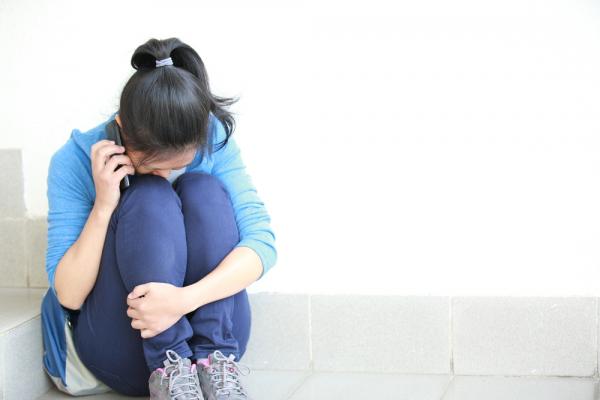Feb 7, 2017
“If you take one city alone, like Dallas — without including the surrounding areas — in any given month anywhere from 639 to 1199 people are turned away from emergency services because we don’t have enough funding now,” Sim said.
“Imagine how much worse it would be if we lose funding from VAWA in the future. Right now we still can’t do enough and that is with VAWA funding. Our crisis partner support will be impacted severely and I fear we would see shelters close.”
Read the Full Article

Already a subscriber? Login
